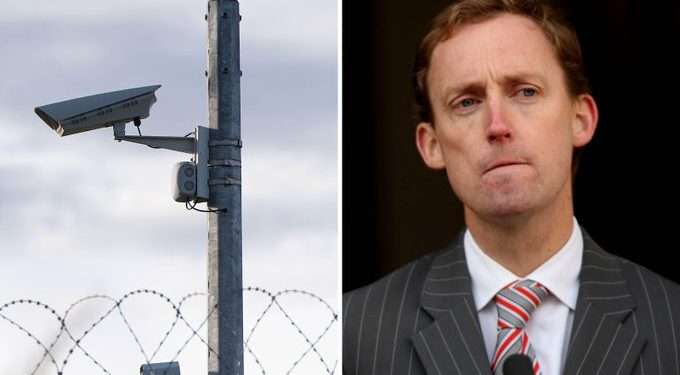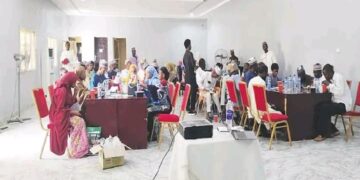On Monday, the European Union Election Observation Mission (EU EOM) voiced concerns over the lack of transparency in the elections taking place in Nigeria.
While the elections were conducted according to schedule, EU EOM Chief Observer Barry Andrews noted in the preliminary report that the process was marked by a lack of openness. This was despite the fact that INEC successfully held the polls.
“Overall, stakeholders have previously expressed trust in INEC’s independence, professionalism, and voter information initiatives; however, this confidence has diminished before the elections. Trust in INEC was seen to further decrease on election day due to delayed polling processes and information gaps related to much-anticipated access to results on its Results Viewing Portal (IReV),” he said. During critical stages of the electoral process, INEC lacked efficient planning and transparency. On election day, trust in INEC was seen to further decrease due to these issues.
According to Mr Andrews, their investigation revealed that election day was marred by late deployment and opening and that voting protocols were not always adhered to.
In addition, polling officials at the voting units that they witnessed had difficulty filling out result forms, which were subsequently not uploaded online.
He said that in spite of the use of the Bimodal Voter Accreditation System (BVAS) and the INEC Results Viewing Portal (IReV) to assure the legitimacy of the elections, posting the results via the BVAS did not operate as intended, which raised doubts about the reliability of the polls.
In spite of the obstacles that were in place, millions of Nigerian citizens used their right to vote in the country’s presidential, senate, and house of representatives elections. Mr Andrews added, “I salute the patience of voters as well as the devotion of young, who have contributed enormously to the democratic process.”
He urged everybody involved to maintain their composure so that the findings could be compiled without incident.
“The process of tabulation is still in progress, and we will continue to follow the procedures until they are completed. I would want to urge all parties involved to continue to show that they are committed to a peaceful process — both before and after the results are revealed. In the event that there is a disagreement about the election procedure, he suggested taking the matter to already established legal channels.
The committee also made the observation that the current shortage of cash and the near-crisis of gasoline had a negative impact on the operating capabilities of INEC.
For the general elections, the EU EOM sent a total of 110 observers, including representatives from EU member states as well as Canada, Norway, and Switzerland. When it comes to its results, the EU EOM is completely independent of both the EU Member States and all EU institutions.




















